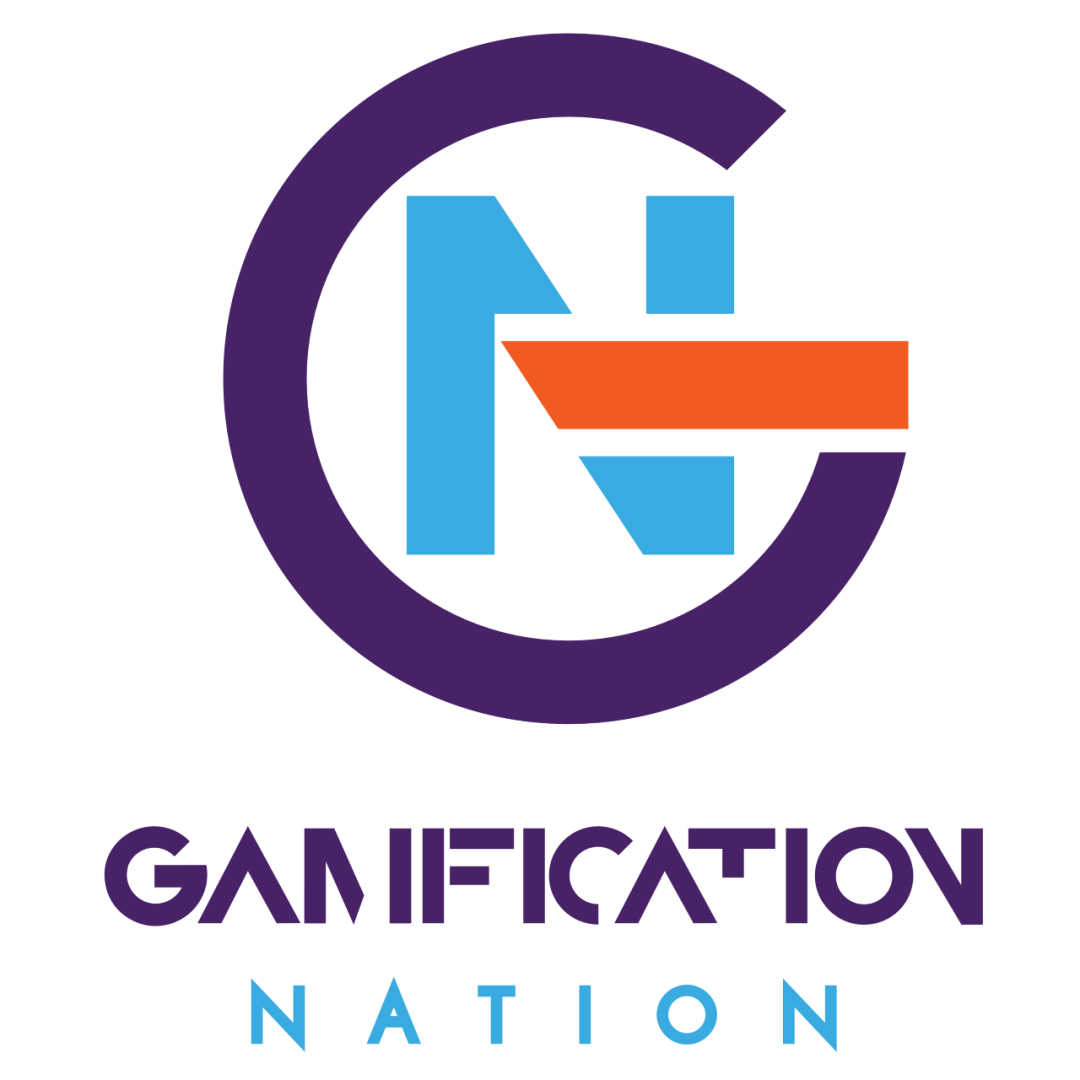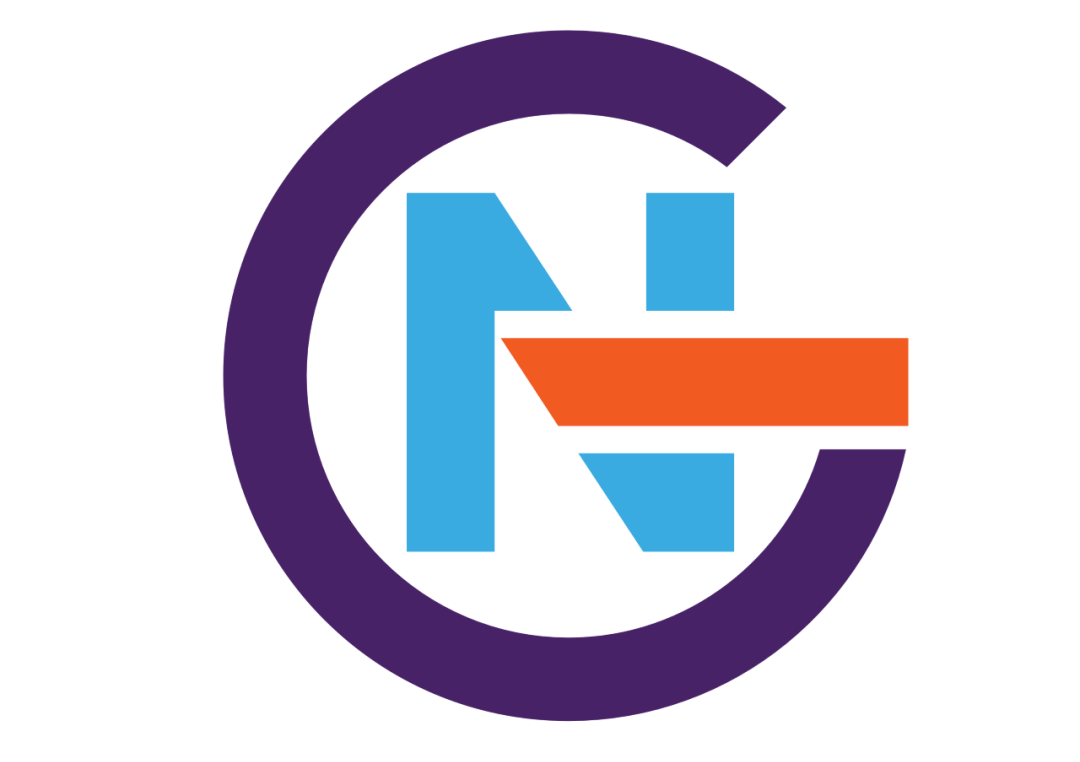Gamification Mechanic Monday: Subjectivity
In the past week I gave 8 workshops, which also featured a tamagotchi style app called Stressy, where the objective is keep a worm representing stress alive by entering your stress levels and the actions you take to relax. The gamification mechanics are very simple, progress tracking on how your own stress levels and visual feedback from the worm on how he is doing based on the levels of stress you enter.
One of the comments made was that self-evaluation is subjective and therefore not an accurate measure. My take on it was that in the end of the day they would be cheating themselves by entering random figures. I also argued it would be very hard for me to determine whether their stress levels felt like an 8/10 or a 3/10. One of the core purposes of Stressy is to create awareness of your own levels of stress and what you are actually doing about it. Most people don’t manage this actively and that is one thing we are hoping to trigger with our very simple tracking measurements.
The question it triggered for me is whether self-evaluation is deemed to be lesser in value than for example a heart rate tracker or measures of adrenaline and cortisol inputs? For me when it comes to creating awareness, I would expect taking time to evaluate how you feel to be more striking in terms of creating behaviour awareness rather than an outside input. The ease of measurement is one of the reasons why we chose not to include outside inputs at this stage, but maybe over time we will review this.
Would you consider self-measurement of less value on less impact to create self-awareness?


